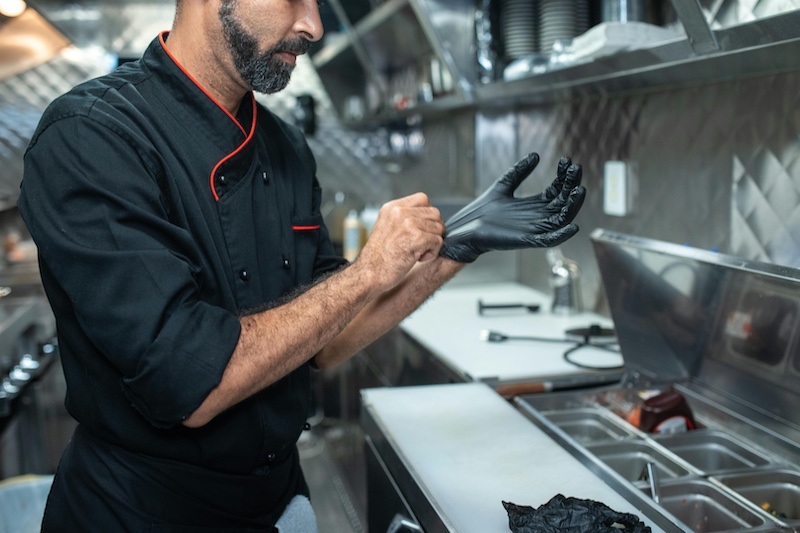Food safety isn’t just about avoiding a dodgy meal. It’s about trust — trust in the food system, in businesses, and in public health.
In Australia, where we have a high standard of living and access to fresh, diverse food, we often take that safety for granted.
But one contaminated batch of lettuce, one undeclared allergen, or one supplier cutting corners can have national consequences.
Who Oversees Food Safety in Australia?
Australia’s food safety framework is a shared responsibility across multiple levels:
- FSANZ (Food Standards Australia New Zealand): Develops food standards and oversees the bi-national Food Standards Code
- State & Territory Authorities: Handle enforcement, inspections, recalls, and licensing
- Local Councils: Monitor compliance with food safety regulations for cafés, restaurants, and retail outlets
- Businesses: Are responsible for implementing food safety programs, training staff, and ensuring proper handling at every stage
Common Food Safety Risks
Despite strong systems, issues still arise — including:
- Undeclared allergens: One of the most common reasons for product recalls
- Contamination: From poor hygiene, cross-contact, or supply chain lapses
- Temperature control failures: Particularly in hospitality and transport
- Mislabeling or packaging errors
In recent months, Australia has seen recalls ranging from dairy-free desserts containing undeclared milk to fermented beverages that risked pressurised bottle failures.
How Can We Improve?
Whether you’re a consumer, a business owner, or somewhere in between, here’s what helps:
- Education: Know the basics of food handling and storage
- Transparency: Businesses must keep clear records and audit trails
- Compliance culture: Safety shouldn’t be a box to tick — it should be how business is done
- Watchdog engagement: Use tools like the FSANZ recall database to stay informed
Final Thoughts
Food safety in Australia is world-class — but that doesn’t mean it’s immune to failure.
It’s a shared responsibility, and every step in the chain matters.
Because when food safety slips, trust is the first thing to go.
And once it’s gone, it’s hard to get back.
